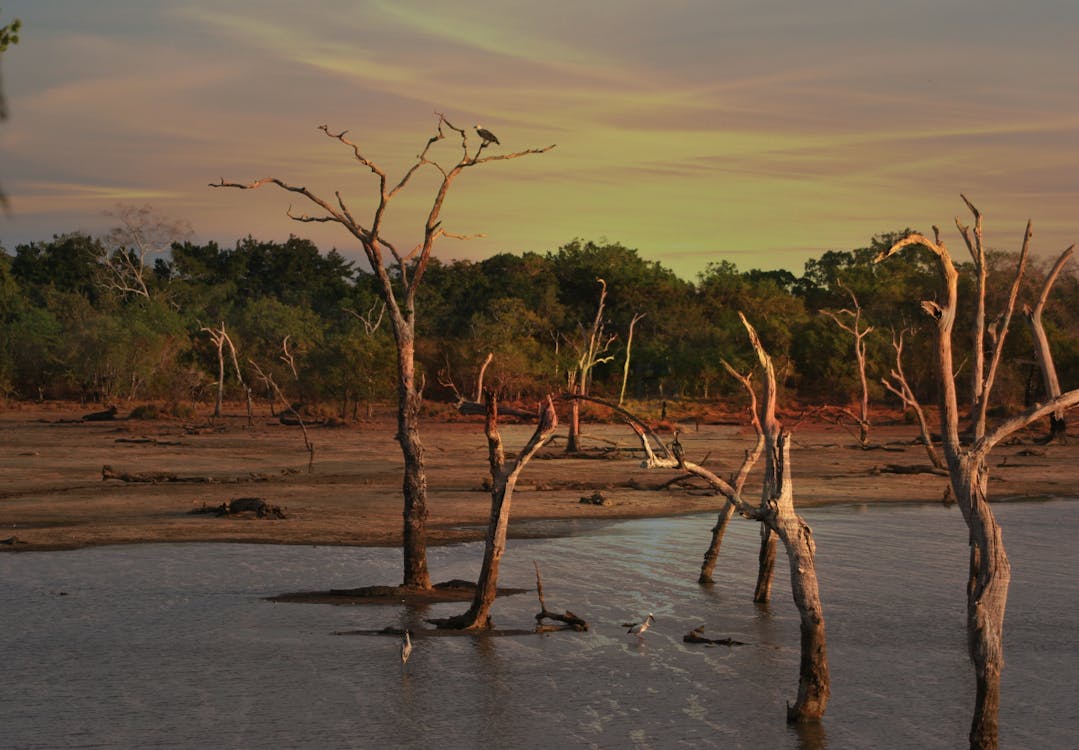Zambia is facing severe drought, threatening hunger for millions of people, cutting off electricity for long periods, and destroying the country's social fabric and economy. Environment Minister Collins Nzovu warned that the "crippling drought" in his country hammered home the message that developing countries were facing catastrophe from the climate crisis, even as richer countries failed to muster financial help for the most afflicted.
The drought has led to a huge crop failure, with many people who depend on maize facing starvation and hunger. The lack of rainfall in February means there is little prospect of saving most of the crop. Food supplies have come from South Africa and Tanzania, but these are uncertain in the months to come. In normal years, Zambia has a food surplus that it exports to neighbouring countries, including Malawi, Zimbabwe, and the Democratic Republic of the Congo (DRC). About 95% of the country's power comes from hydroelectricity, which has been halved, leading to frequent power cuts of eight hours' duration and more.
Zambia's president, Hakainde Hichilema, has declared a national disaster and put in place strict measures on the use of water. The country is also looking to diversify away from maize, growing more cassava and sorghum, and crops more resistant to drought.
In early June, countries from around the world will meet in Bonn under the auspices of the UN for the first stage of months of negotiations on a new financial framework for tackling the climate crisis. This will culminate in the UN summit Cop29 in Azerbaijan in November, where nations are supposed to set out a "new collective quantified goal" for providing hundreds of billions of dollars in climate finance each year to the developing world. However, the talks are mired in difficulty, with many countries in the throes of election campaigns, including the US, the world's biggest economy, and the EU, concerned about a possible backlash against climate action.
Nzovu called for progress on the issue as a matter of urgency, stating that if the whole world, especially the developed world, will not provide cheaper and adequate financing, then they will be left behind.
Zambia's drought threatens hunger for millions, minister declared
May 28, 2024
0
Tags



